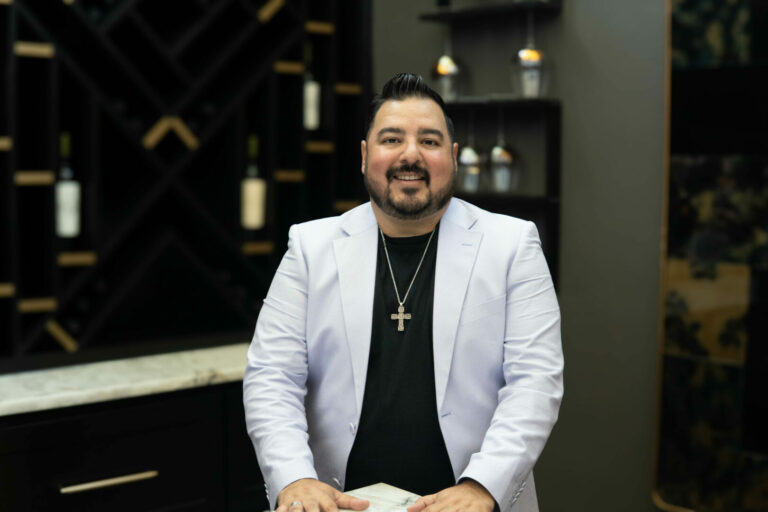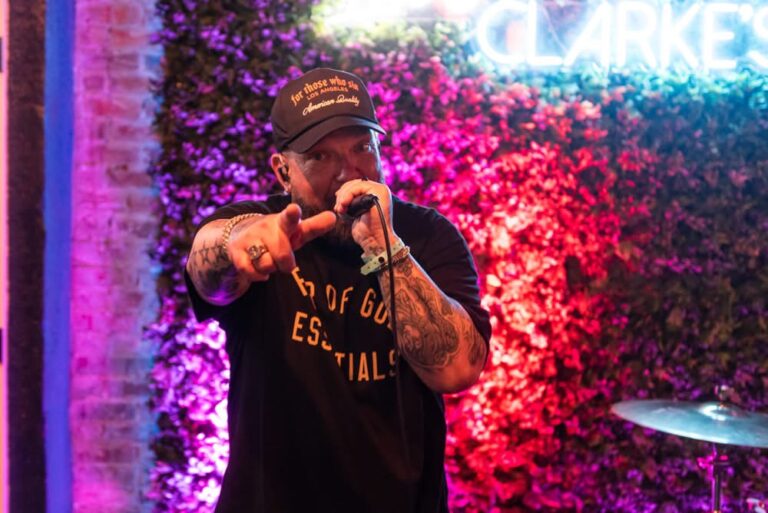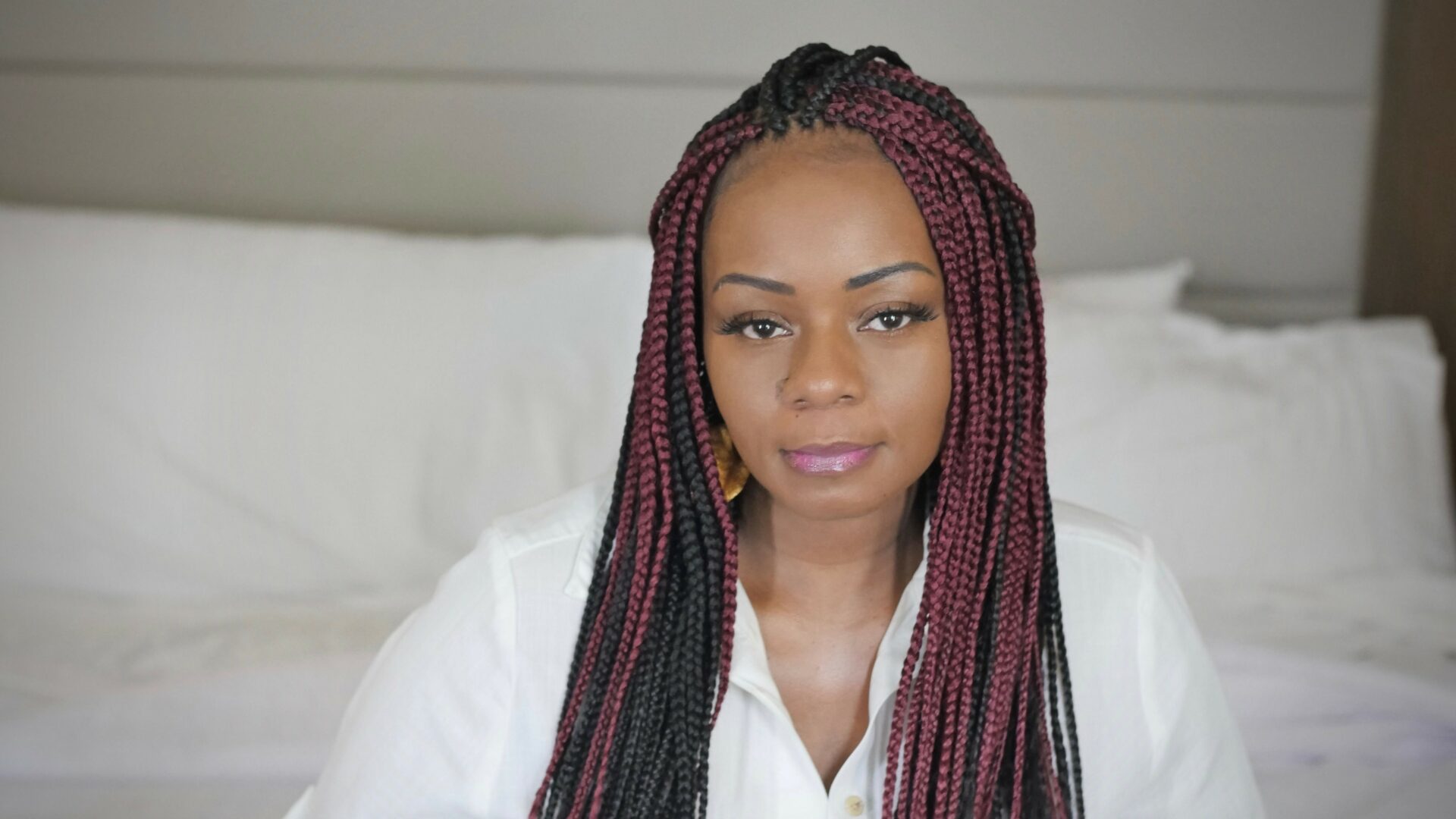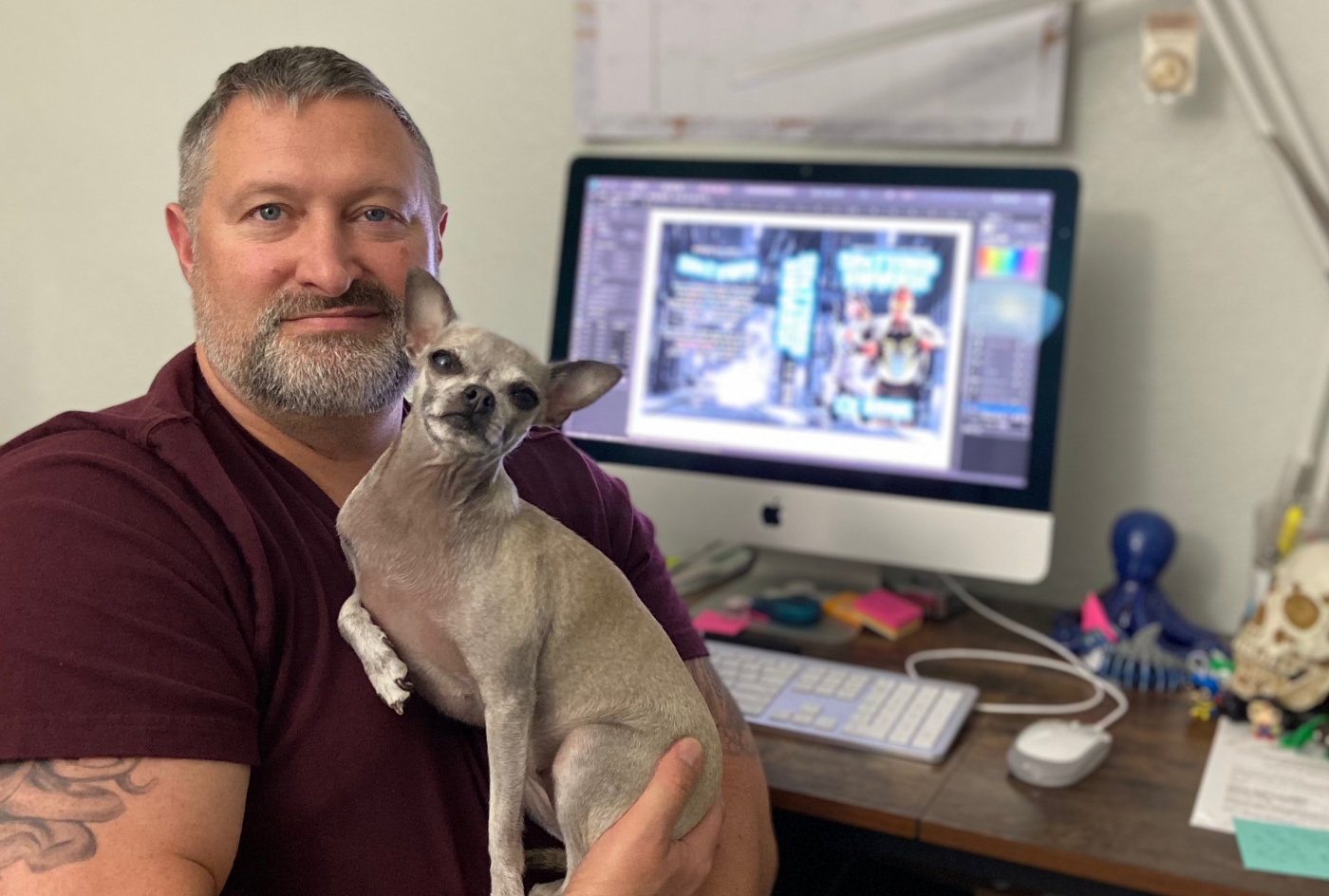Taking risk is natural for some, but in our experience most successful risk takers gradually developed their ability to leave comfort zones and take risk and we’ve asked them to share their experiences and advice below.
Crystal Willis

My ability to take risks was born out of necessity but grew through intentional self-discovery and a deep desire for an expansive life. One of my first defining leaps was leaving my Fortune 500 corporate job. I had no parachute—just a small 401(k) and the incredible privilege of a safe place to land with friends and family. It wasn’t easy, but I learned to bet on myself and lean into discomfort, trusting that clarity and courage would come with action. Read more>>
Teyonna & Jamarea Lofton & Coleman

Our journey in building this childcare company has been shaped by our willingness to take risks and embrace failure as a steppingstone to success. Each setback taught us valuable lessons, and armed with the faith of a mustard seed, we persisted in our efforts. This unwavering belief in our mission and our ability to grow from challenges ultimately empowered us to pursue our dreams and create a nurturing environment for children and parents in New Orleans. Read more>>
Myra Petersen
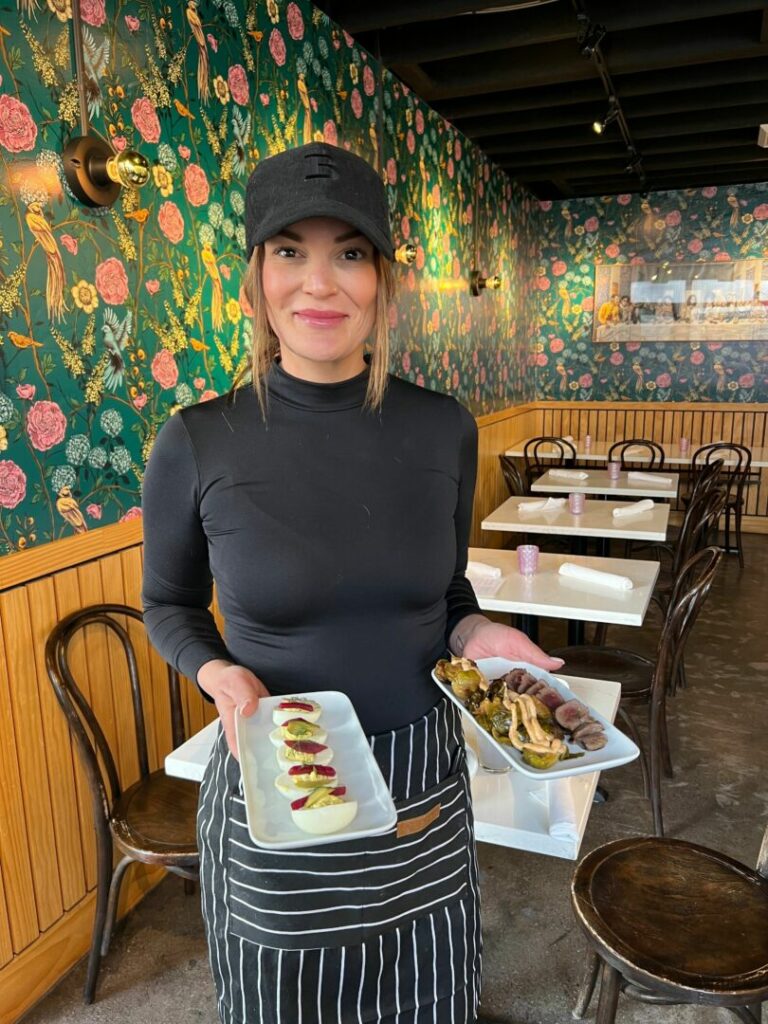
I’ve learned to take risks in a smarter way over time. I can now tell the difference between a calculated risk and something that’s just reckless. Experience has made me more confident, and I’ve learned to handle setbacks without letting them stop me. I always try to be prepared and have a backup plan, which makes risks feel less intimidating. Plus, I’ve shifted how I see failure…it’s not the end of the road but a chance to learn and grow. Now, I take risks that make sense and align with my goals, balancing passion with logic. Read more>>
Craig Weston

In college, I participated in an experimental series or courses taught by Dr Kent Lawson. I went to college in the 1990’s in Oneonta NY. My time there was a mixed experience of both growing up and not knowing how to grow up, and the course, called Eduction, was an ideal way to learn how to relate to the world. Read more>>
Helen Shih

I’m not a person who makes decisions easily, I ruminate a lot before taking action. But after a while, the biggest risk becomes taking too little risk and sinking into stagnancy and complacency. Many people will ask, what if it doesn’t work out? And you get to ask yourself, so what? And then you also get to ask, what if it does work out? And then the same question – so what?
No risk, no reward – that’s what I learned in finance class in business school. It’s possible to temper risk – to take on extra work and save up as much money as you can before making a big move or life pivot, to research and chat with people who’ve done the same before you, or to test out your dreams in low-stakes scenarios before you make the big leap. Read more>>
Joshua Friedman

I like this question because I haven’t thought about “taking a risk” as being categorized as a skillset before. To start, I believe choosing to dedicate your life to becoming an artist of any kind is a risk and the initial decision to take that leap derives from a soul’s innate longing for meaning. Having a passion and the will to chase a dream or master a craft is essential for both starting on the path to your goals, but also for maintaining a steady pace as your progress down that path. You will always have to find a way to keep your passion alive, it is your fuel. Read more>>
Kimberly Williams

I’ve always had a natural inclination to take risks—it’s in my DNA. There’s something thrilling about going all in to make my dreams a reality. Risk-taking has been part of my journey for as long as I can remember. As a kid, I was drawn to the adrenaline of trying new things. I’m someone who loves learning and embracing new experiences. I’m not afraid of failure, and I’m definitely not shy about admitting when things don’t go as planned. What matters most to me is that I don’t give up easily. Read more>>
Rodolphe Meyer

Ah, the ability to take risks—a skill often confused with madness, but I assure you, mine is a refined madness. It began, I suspect, when I decided to leap out of perfectly good airplanes with the French Foreign Legion. There’s something about plummeting toward the earth at terminal velocity that teaches you to distinguish between a calculated risk and sheer lunacy. Spoiler alert: you want the parachute packed correctly. Read more>>
Jonathan Corbblah

Risk is something that I’ve always been heavily conditioned not to consider from the ‘what I have to lose’ perspective but rather from the ‘how I would feel if I didn’t go for it’ mentality. In my early 20s I went on the game show ‘Who wants to be a millionaire?’ And I had a chance to risk my winnings on a 50/50 chance at 250k. I decided I would regret way more the decision to walk away than the decision to go for it. I lost, and I never felt like I made the wrong choice. That almost was a practice of exposure therapy for me in terms of how I confronted risk for the rest of my life. In every way, I approach risk now with the verve and courage to know that I have nothing to lose and only more chutzpah to gain. Read more>>



